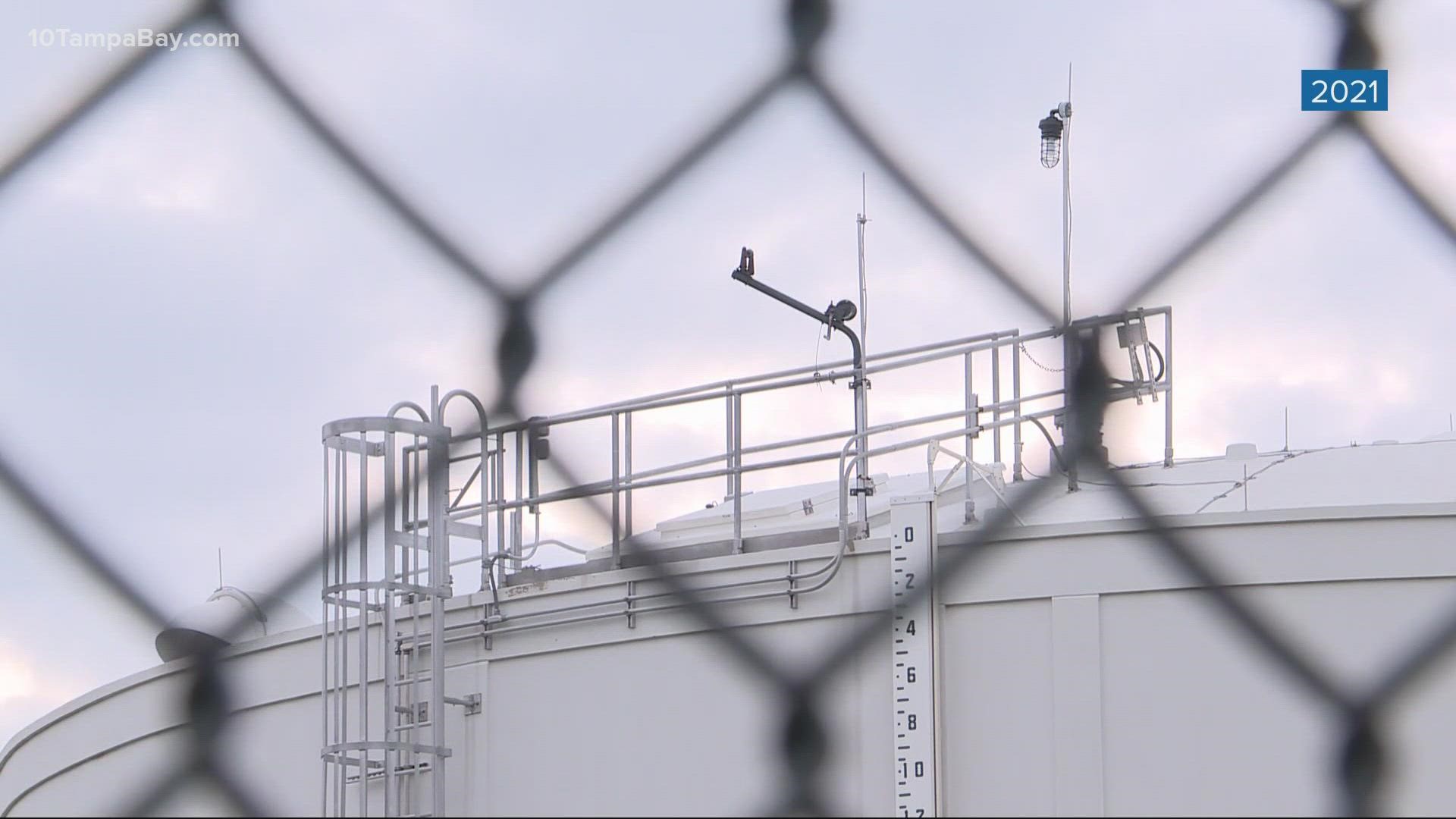ST. PETERSBURG, Fla. — Today marks one year since the cyberattack at the Oldsmar water plant.
Investigators say someone raised the level of sodium hydroxide which is found in cleaning products. While there wasn't a public threat, it did raise the question how safe is our water system?
The White House recently launched a 100-day plan to increase cybersecurity in the water sector with public and private partnerships.
Robert Lee is the CEO of Dragos, a cybersecurity company that worked with Colonial when the pipeline was attacked. Lee says a similar initiative last year with electric providers created some significant changes.
“We had close to zero percent of those systems were being monitored on the operations side at the start of the plan. By meter, by electric meter, in terms of the population, 70 percent - seven zero percent - of the electric system today is being monitored actively for these attacks. And that's what can happen when there's resources and will,” Lee said.
“What worked really well was the government said here’s why we care, and here’s what the outcome should be, we don’t care how you accomplish it," he added
Lee says one big difference is that our water sector relies on smaller utilities. Something as simple as a 10-cent increase on your water bill could go a long way to protect water plant operations.
“To give credit where credit’s due, our infrastructure providers work their tails off, trying to have safe and reliable infrastructure in our communities. We should not be freaking out about that. They do a really good job at it," Lee said.
"That being said because of the new challenges around cyber security operations systems, there’s different levels of maturity in a community and the electric community tends to be the most mature, the water tends to be the least mature. But it’s not because they’re bad people or making wrong decisions, it really comes down to that economics discussion. They don’t have the resources to become mature, we shouldn’t critique them for not being mature," he added.

